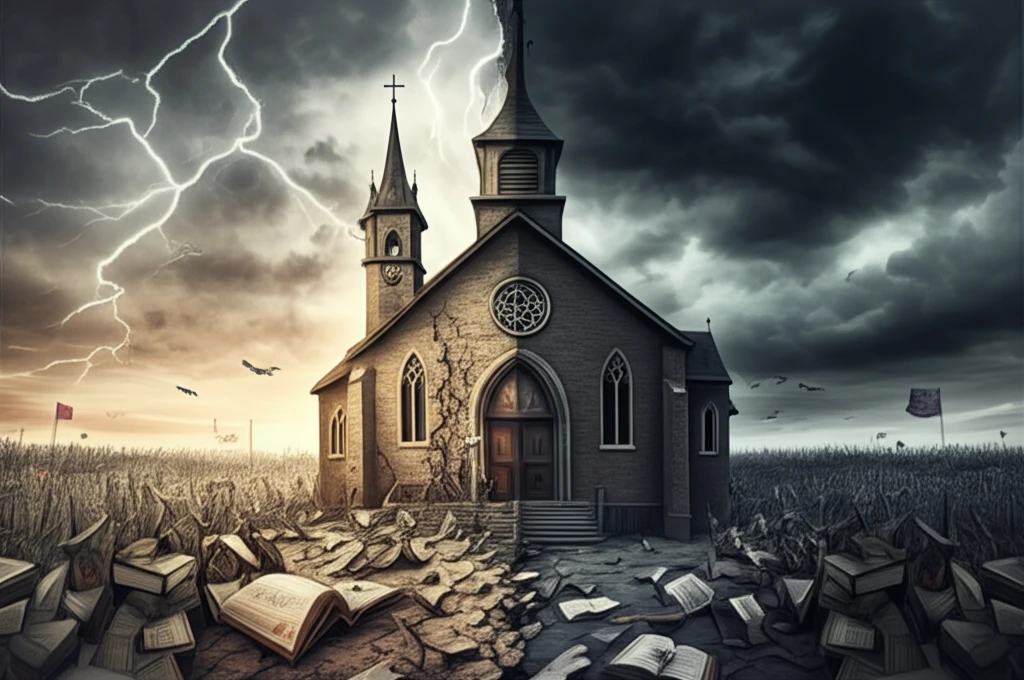
Faith, Freedom, and the Civil War: How Religious Nonprofits Shaped the Debate on Slavery
"Discover the untold story of how Christian higher education and philanthropy became battlegrounds in the fight against slavery, revealing deep divisions and inspiring acts of courage."
In the tumultuous years leading up to the American Civil War, the issue of slavery ignited fierce debates within various institutions, including religious organizations. North Western Christian University, later known as Butler University, emerged as a focal point in this struggle. Founded by abolitionist members of the Disciples of Christ, also known as the “Christian Church" or the “Stone-Campbell Movement,” the university was established to promote education free from the stain of slavery.
However, this commitment clashed with the more moderate stance of the broader Disciples of Christ leadership. Emerging from American Presbyterianism during the Second Great Awakening, The Disciples of Christ sought Christian unity by abandoning denominationalism and sectarian creeds. Rev. Alexander Campbell, a key figure in the Stone-Campbell Movement, viewed slavery as a political rather than a moral issue, prioritizing Christian unity above all else.
This divergence in views led to a profound conflict, with Butler University’s founders advocating for abolition while Campbell and his followers sought to maintain neutrality. The religious nonprofit sector, therefore, became an arena where these competing ideologies battled over the theological, political, and social implications of slavery in America.
Christian Higher Education: A Battleground for Moral Values

Robert Payton described philanthropy as a form of “moral discourse” that thrusts ethics between politics and the free market. North Western's decision to brazenly support the cause of abolition mired the Indianapolis school in one of the most impassioned debates about the role of religious practice in civic life in the nineteenth century. Rooting the school in principles of diversity and inclusion from its inception, the founders of North Western Christian University used the religious nonprofit sector and the establishment of the school itself to project their moral commitments.
- Founding Principles: North Western Christian University (now Butler University and Christian Theological Seminary) began operation “with a janitor, two professors, no president, and a mortgage.” Ovid Butler and other Disciples of Christ members founded the school with a firm commitment to equality rooted in Christian theology.
- Early Advocacy: These founders believed in abolition and education without regard for gender or race, which were courageous ideals in antebellum America.
- Denominational Hesitancy: The Disciples of Christ were initially hesitant to establish a college in Indiana because of the controversy surrounding slavery and the views of their patriarch, Rev. Alexander Campbell.
A Nation Divided: The Lasting Impact of Religious Discourse on Slavery
The establishment of Butler University amid the intense social tension reflected a theological debate about the role of religion in public life. Figures like Alexander Campbell and Ovid Butler held contrasting views on Christianity's role in addressing social issues. Ultimately, the clash between Butler and Campbell over abolition led to the creation of an educational institution that served as a prelude to the national conflict. Butler University’s commitment to abolition highlights how religious institutions became instruments of political warfare, foreshadowing the broader divisions that would engulf the nation.
